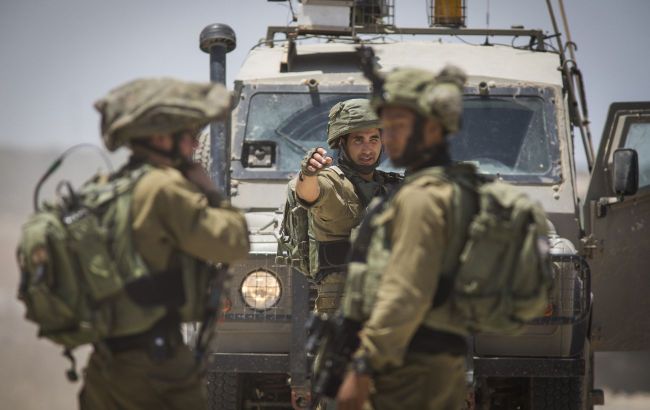IDF announces elimination of Hamas military wing commander
 Illustrative photo (Getty Images)
Illustrative photo (Getty Images)
Muhammad Deif, the commander of Hamas's military wing, was killed in an Israeli airstrike in southern Gaza in July, according to The Times of Israel.
Recent intelligence gathered by the IDF in the last few hours has confirmed his death.
Israeli military reports indicate that the strike was carried out on July 13th against a compound belonging to Rafah Salameh, the Hamas commander in Khan Younis. While the IDF confirmed Salameh’s death the following day, they initially lacked conclusive information on Deif.
The IDF said that intelligence regarding Deif's presence in Salameh's compound was highly accurate and that both men were in the building when it was hit by several heavy munitions.
Israeli fighter jets had been patrolling the area since noon, following the first signs of Deif's presence. At the time of the strike, two fighter jets were continuously in the area.
Once Deif’s presence at the camp was confirmed, the jets were ordered to strike, and the operation was carried out within minutes.
The 58-year-old Deif, who had led the Izz ad-Din al-Qassam Brigades for more than two decades, had long been one of Israel’s most wanted terrorists.
He was the mastermind behind the October 7 Hamas attack on Israel, the deadliest in the country’s history, which resulted in the deaths of approximately 1,200 people and the abduction of around 251 others who were taken to Gaza as hostages.
Killing of Hezbollah and Hamas leaders
On the evening of July 30, the Israeli army conducted an airstrike in Beirut, the capital of Lebanon, killing Hezbollah commander Fouad Shukr. On the same day, an airstrike on Tehran resulted in the death of Hamas political leader Ismail Haniyeh.
In response to the strikes, Iranian leader Ayatollah Ali Khamenei ordered a retaliatory strike on Israel.
The UN Security Council convened an emergency meeting to prevent further escalation and the potential for a regional war in the Middle East.
To explore whether the events in the Middle East could escalate into a broader conflict, read the full RBC-Ukraine coverage.

